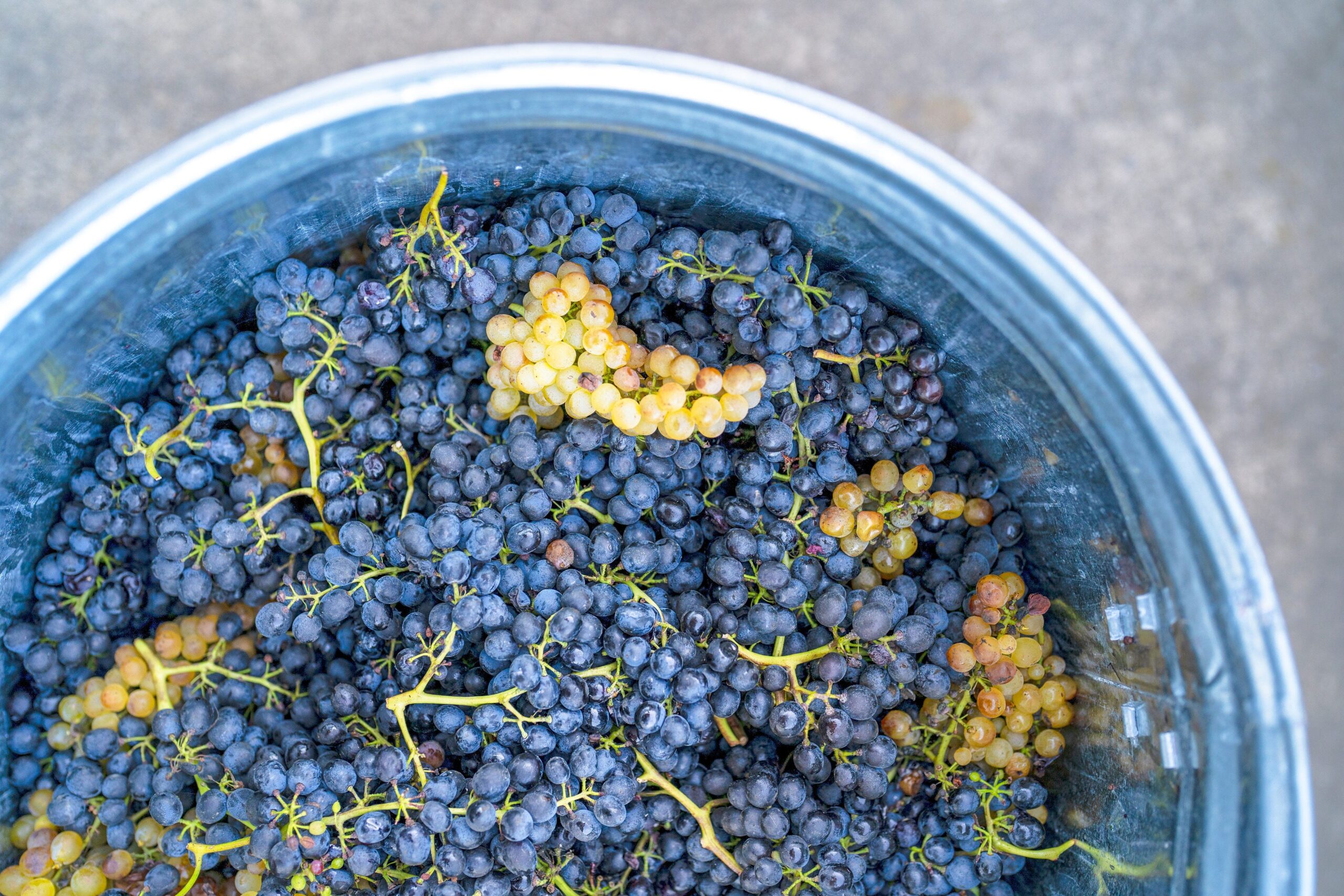Priorities of Taste
I’ve always regarded polemic as dreary and uninspired rhetorical practice. Perhaps it’s evidence of a pollyanna streak, but asserting a point of view driven by positives rather than one freighted with refutation feels most natural. Thus in sharing reflections on what I regard (at least partially) as a vinous generational divide, I’m trying to avoid cranky old wine guy naysaying.
My quest here is to form a cogent position on ‘natural’ winemaking, along with its corollary, the practice of extended skin contact in white wine production. Much of what frustrates with this approach is that they seem (almost by definition) to deemphasize the most compelling of wine experiences, that is the vivid expression of the grapes/fruit from which they are made.
A concept that has always resonated is that wine is a version of preserved fruit. As every breakfast aficionado knows, inferior confiture is to be avoided: examples include treacly sweet, sour, bitter, perfume-free, or otherwise bereft of appealing flavors. To capture the evanescent character and haunting aromas of fruit (be it in a preserve, eau de vie, or yes, wine !) is a noble challenge. I believe wine to be a kind of evolving time capsule, an unfolding narrative in which the fruit from a given place and year shares its history. The choice, then, to deemphasize (or disregard) methods for insuring stability in a wine (to, in fact, invite active degradation of its essential fruit character) is confounding to this drinker/winemaker.
I’ve observed that my (and all the palates that I know intimately) evolve constantly. The jam-filled fruit bombs (think Zinfandel, Australian shiraz, Jumillas, ‘vendange tardive’ Alsatians, etc.) or deeply cellar-y and acetic (old style Bordeaux and Piemontese wines) that captivated me in the past have moved out of my first circle. There are exceptions to any rules (including my own), but tastes always morph, and in fact it is often this inexorable process that forces broad new flavor trends (in the market and elsewhere) to develop . This is often to good effect (to wit, the move away from the unstable wines of the 60’s and 70’s, as well as the migration towards more well proportioned wines of recent years). What the ‘natural’ wine movement, though, seems focused on is a version of polemic all its own. It appears rooted in an arbitrary throwing out the idea of a balanced set of fruit driven flavors. It feels driven by a contemporarily wrought sentiment to readily discard all that is deemed ‘old’ in the quest to get at something that is perceived to be more traditional (i.e. ‘really old’). In my view, there are many potential victims here, none more profound than the fresh character of the grapes themselves.
All of this perspective withstanding, in ending this discussion with self, I’ve an unexpected story to share. In these last couple of homebound years, there’s been extra opportunity to explore my personal cellar and Baker Lane library. With far too many bottles, a dispiriting sensation of excessive volatility has landed on my palate. I’ve almost felt haunted, even stalked by acetic acid as if I was in some kind of vinous Jordan Peele film. Furthermore, once restaurant dining and travel returned, and unlabeled ‘orange’ wines, kept showing up in my glass, the creepiness worsened. And then, then… this spring I was in a restaurant in Paris, enjoying a superb meal in an established new wave gastronomic joint that unrelentingly champions natural wines. In first smelling a wine I chose (another unlabeled ‘natural’, heavy skin contact Alsatian riesling), I thought, “Oh brother, the acetic horror finds me again’”. In not wanting to be a pain, I mostly kept my mouth shut (although my tablemates knew the source of my grimacing). My hunger and thirst led me to dig in to the delicious rouget in brown butter in front of me and to reach for a swallow of said worrisome riesling. At that moment, a surprising revelation came about. I was unexpectedly savoring one of the most compelling wine and food combinations that I’ve had in years.
While I won’t say that I’ve become a convert to natural winemaking, I can report that some measure of new curiosity was sparked. I’m not sure when I will chance to have another comparably felicitous wine and food combination of this sort, but I have to admit that I’m damn pleased to know they (and other unanticipated wonders) do exist. I guess that I’m not yet too old a dog…

